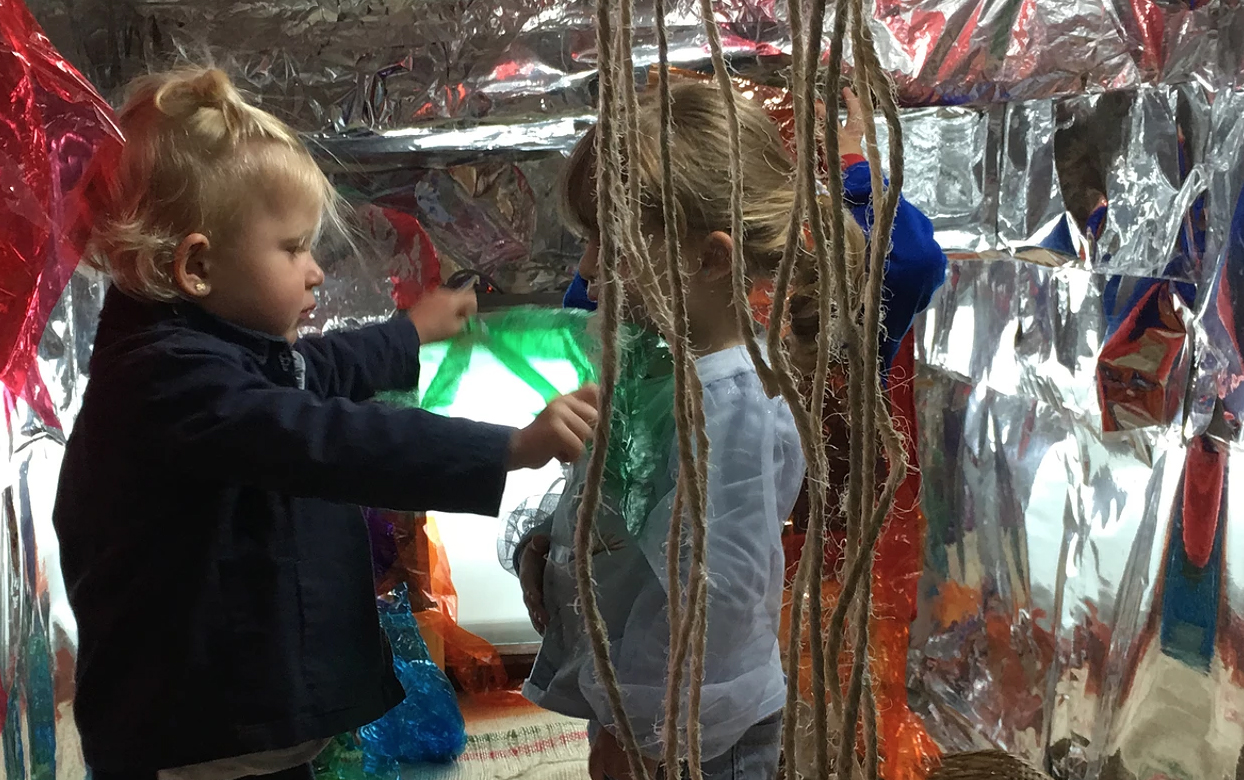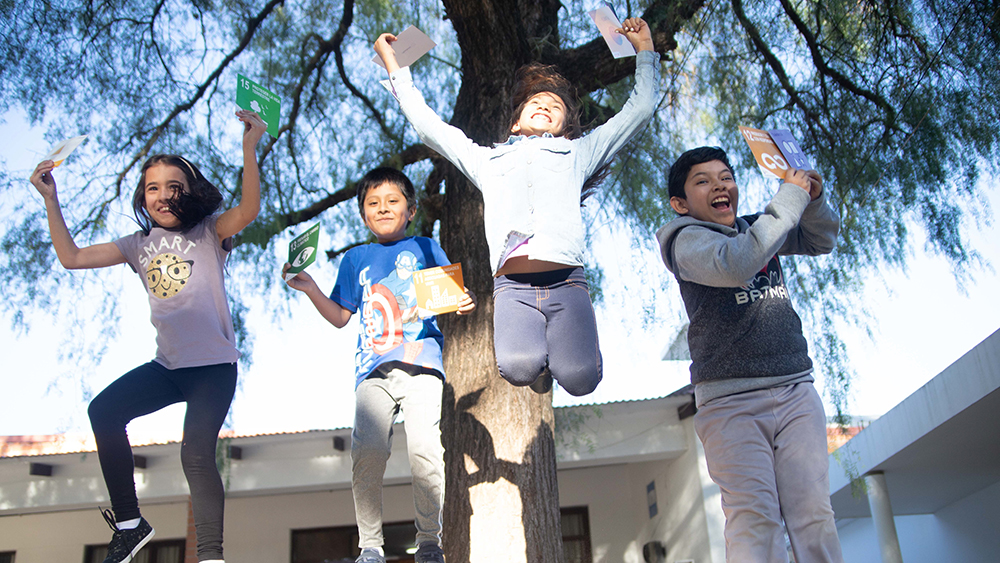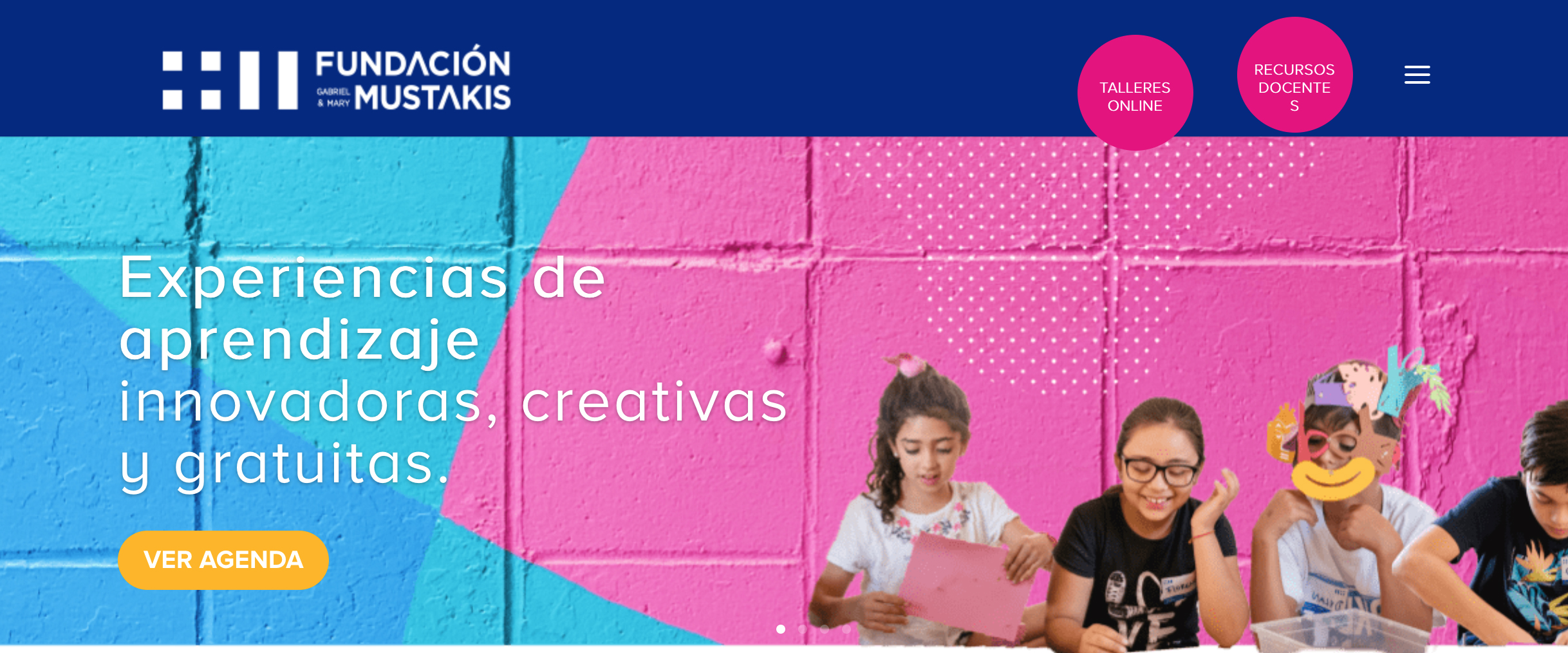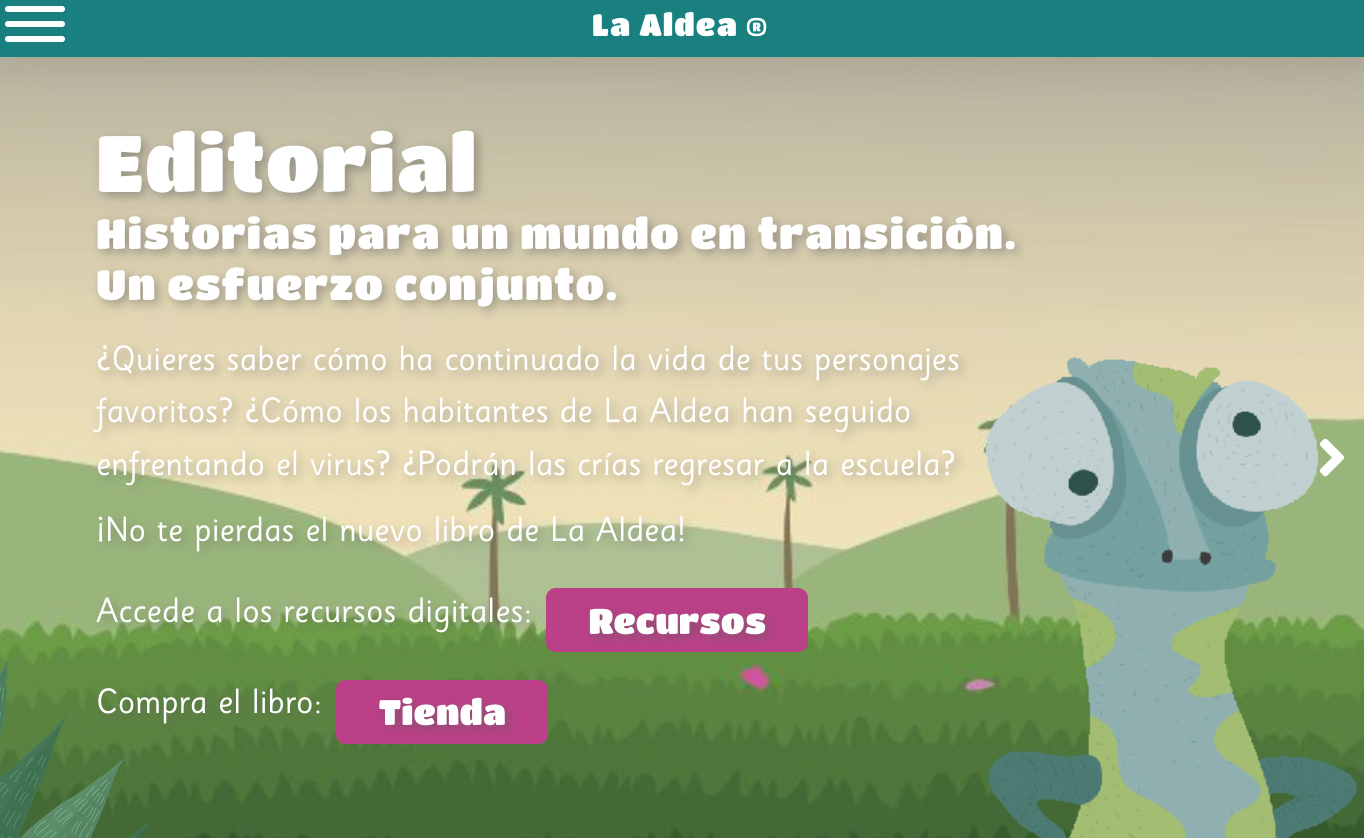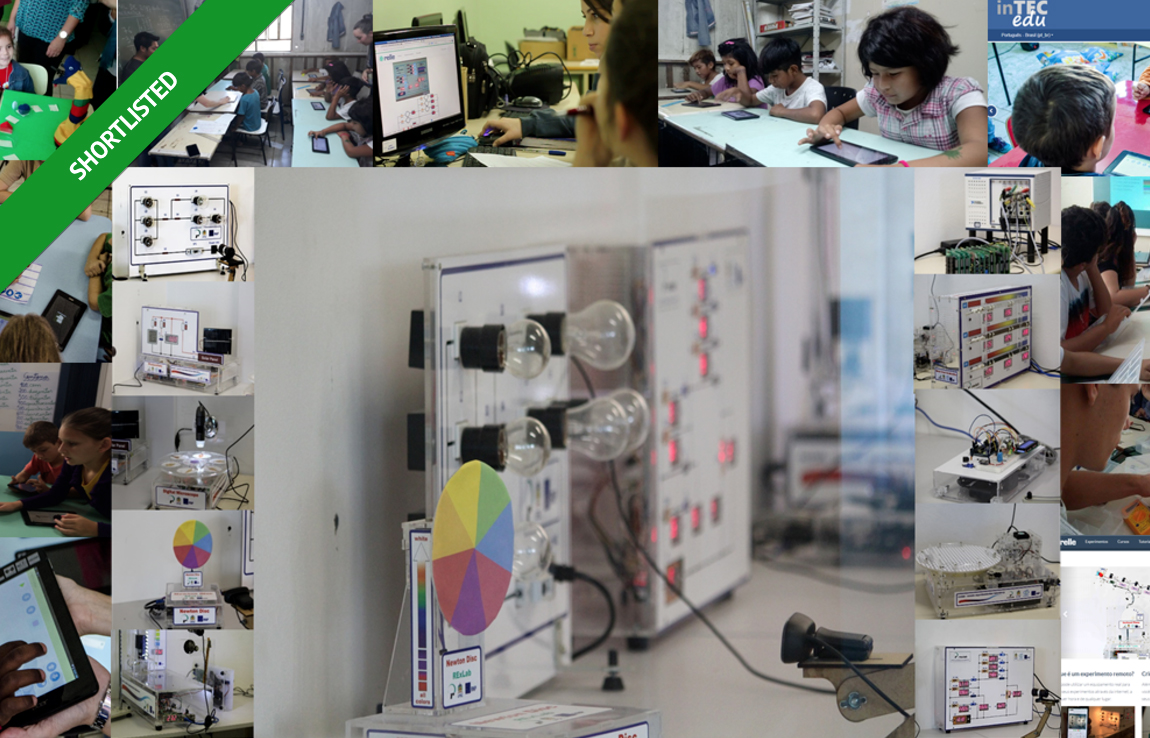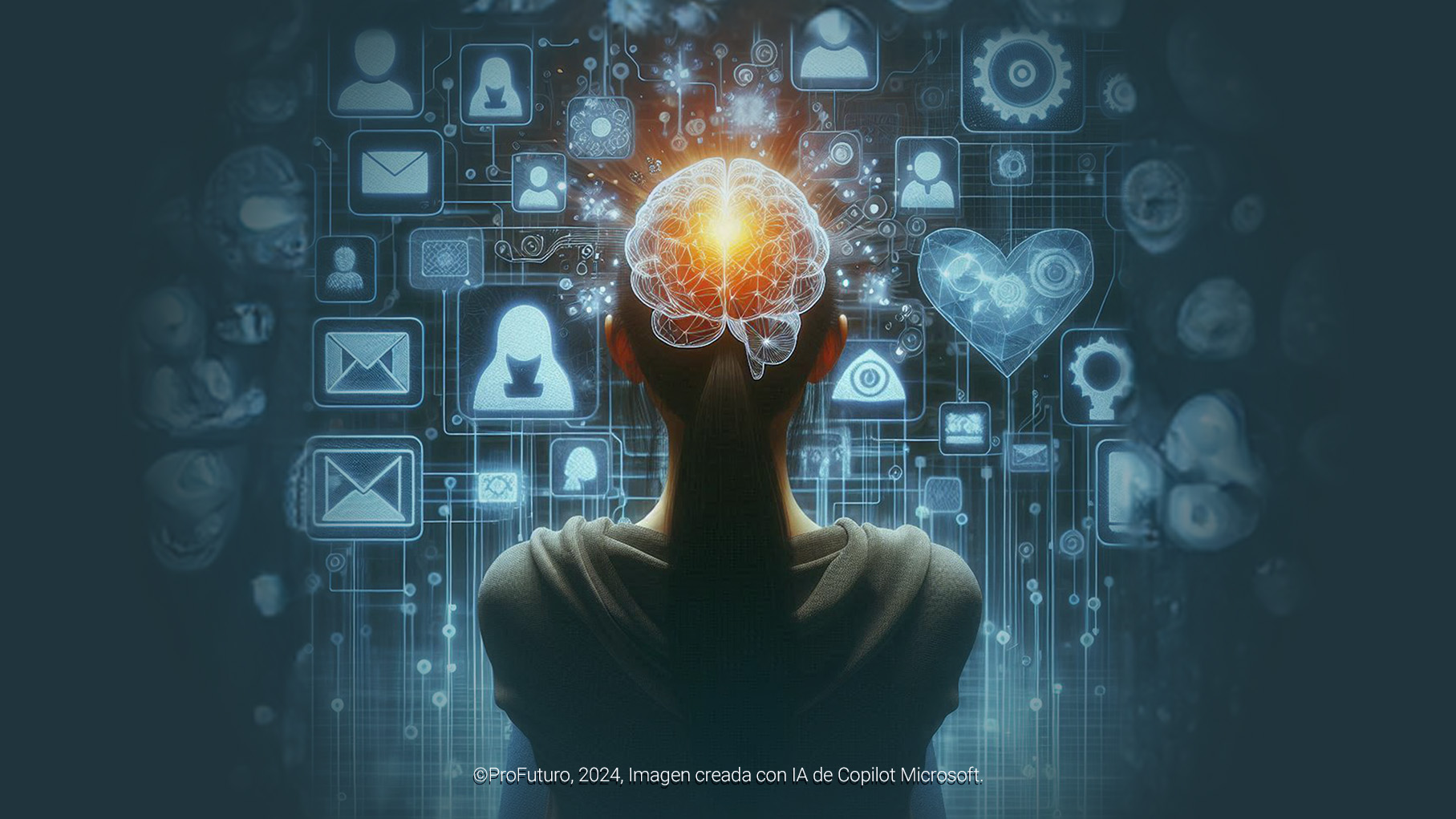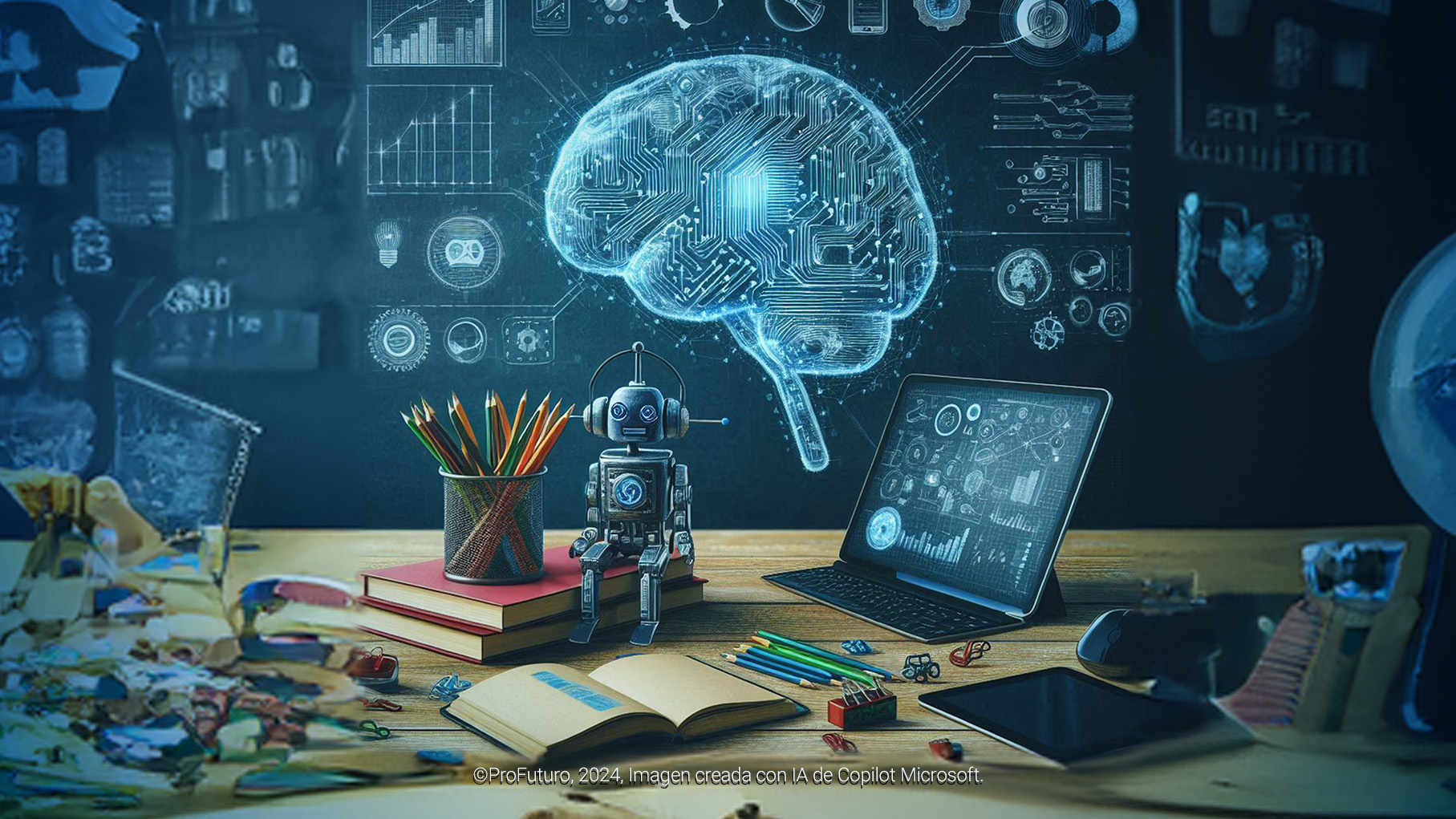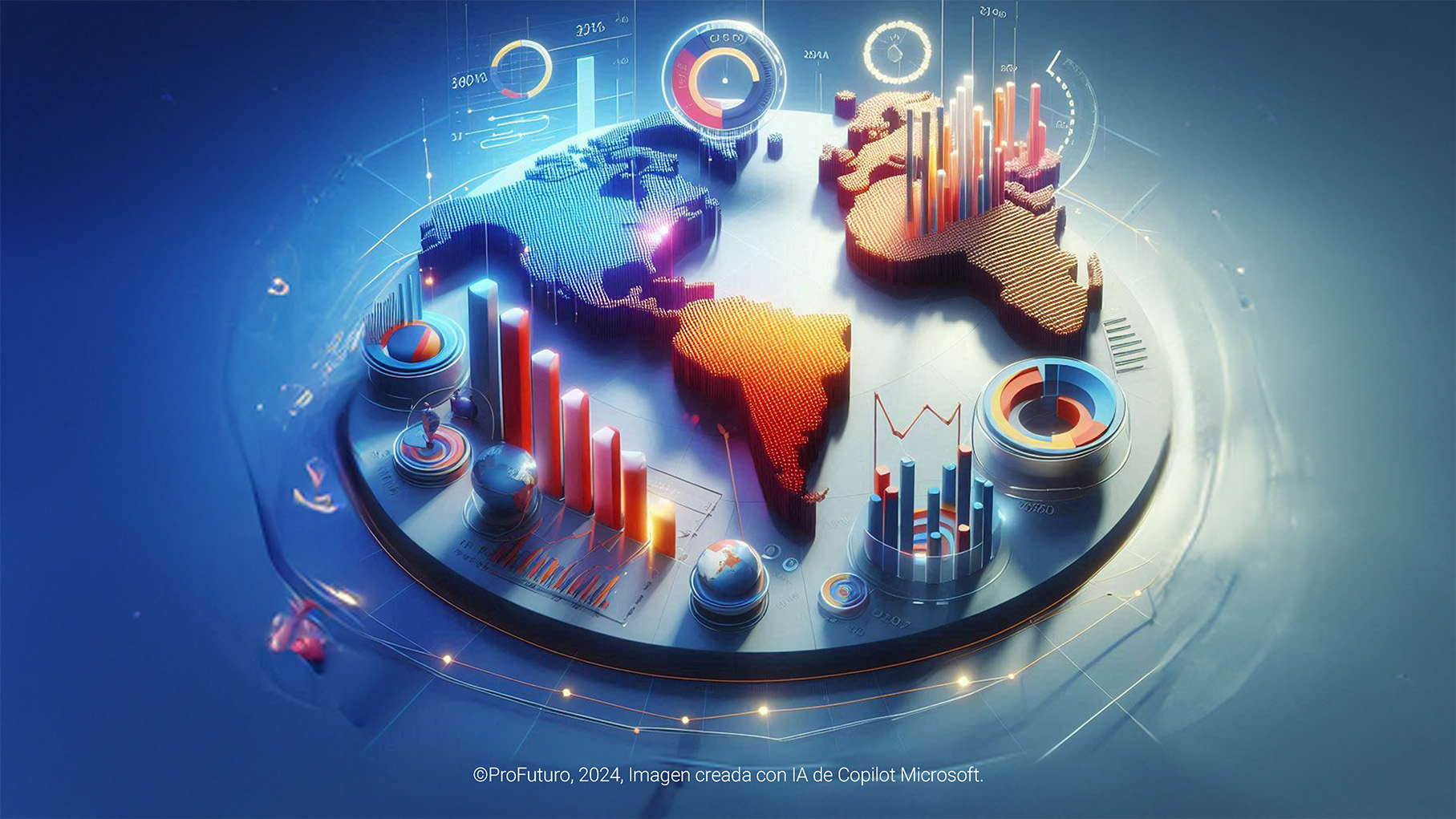“People need to be trained and educated to develop the skills that make us human, those that cannot be automated.” These are the words of Mercedes Mateo, Head of the Education Division of the Inter-American Development Bank. Adaptability, empathy, collaboration, communication, creativity, learning capacity… these are what are known as 21st-century skills; and they are called this not because they are new, but because it has been in recent years that they have acquired great importance for our training as well as that of our children. These skills help people of all ages to adapt to changing and diverse circumstances, to reinvent themselves throughout their lives and to identify opportunities for personal growth.
We know that the digital age (and the future of work) is demanding a change in the kind of skills we need to learn from childhood onwards. However, are our education systems prepared to teach these “new” skills? At the moment, formal education systems are slow to react. However, there are lots of initiatives in various sectors that are striving to change things: what we teach and how we teach it. Innovative ideas that have come to change the world of education.
The Finnish organisation HundrED is dedicated to identifying, selecting, documenting and disseminating these innovations through regular publications called Spotlight. Its latest Spotlight,published in July in collaboration with the Inter-American Development Bank, is dedicated to educational innovations that promote learning these fundamental skills in Latin America, a region that is home to more than 200 million school-age children.
Some of the initiatives included in this report are highlighted below. Specifically, we focus on those based on digital education or which are mediated, in some way, by the use of technology and aimed at children in vulnerable situations.
Creativity, art and play in early childhood
aeioTU (Colombia)
In Colombia, 50% of children under five do not receive quality comprehensive care. Therefore, they do not develop the necessary skills to change the course of their lives. Inspired by the Reggio Emilia educational philosophy and adapting it to the peculiarities of the context in which they develop their activity, aeioTU is an innovative school model that provides high quality early childhood development for children under the age of five. Its educational method is based on creativity and discovery through art and play, where the child is at the centre of the learning process. In addition, they have just launched their digital strategy Aprendiendo (Learning), a free digital platform created by aeioTU to share their pedagogical model through a variety of digital contents.
A story factory for all cultures
The Cámara Mágica Foundation (Chile)
Cámara Mágica (Magic Camera) is a project designed to create short films and children’s books with a cultural identity which are then donated to children to promote reading and improve their literacy process, while preserving the cultural references of the different villages and rural areas in which the project has been implemented. To support teachers and parents to encourage reading, they also create reading comprehension guides associated with their books, so that they can be worked on either in school settings or at home. The digital version of the story and supporting materials are available, free of charge, to all interested schools, teachers, parents and social projects.
Children’s drawings come alive
Creating Together: By Kids to Kids (Brazil)
By Kids to Kids was created with the aim of enhancing the classroom experience by turning children’s stories and drawings into animated films and it soon became a valuable teaching and learning tool. The way it works is very simple: children create stories, draw the characters and other elements of the story and they narrate the text. All these elements are sent to By Kids to Kids, which produces animated films based on the children’s stories, using their drawings and narrations. Later, these animated films are turned into printed books. These animated films and books are available to other children around the world through the Encyclokids Platform, a digital video library.
I play, I reflect and I change the world
Education for Sharing (Mexico)
The E4S model uses a play-reflection-action framework that encourages educators in diverse contexts to teach in a dynamic way, to promote children’s participation, enabling them to apply the tools they have learnt, putting them into practice. Children play to understand complex issues in a fun and accessible way; they reflect to analyse problems related to local and global challenges; and they act by taking individual action to solve problems in their context. Education for Sharing and ProFuturo have joined forces to create Club 20/30, a digital education initiative focused on building key skills in both teachers and students in sustainable development providing a series of digital tools, games and resources to be implemented in schools.
Digital experiences to arouse creativity
Mustakis Foundation (Chile)
The Mustakis Foundation has been designing, creating and implementing innovative informal learning experiences in the areas of science, technology, nature, art and culture for more than 20 years. In addition to their multiple analogue programmes (Zona Interactiva Mustakis, Contar historias, Circo Frutillar, KAOS Espacio de Aprendizaje…), they now have an online platform (Moustakis en casa) that makes an incredible number of workshops, courses and digital learning resources and experiences available to students, teachers and families.
A digital fantasy for education
La Aldea (Colombia)
La Aldea (The Village) is a multi-dimensional platform that includes printed books, radio programmes, songs and digital content which supports teachers in different contexts with guidance, support, printed and digital content, lesson plans and virtual accessories to implement this educational strategy and to integrate it into their classrooms. The aim of La Aldea is to demonstrate that current real-life issues can be integrated into the mainstream curriculum through carefully crafted stories for children in a playful way. The stories and activities create a springboard for the integration of interdisciplinary learning: social-emotional and curricular learning in different subjects (languages, maths, science).
Building and managing low-cost laboratories
InTecEdu (Brazil)
InTecEdu is a platform to integrate technology into education and arousing children’s and teenager’s interest in STEM disciplines. To achieve this goal, a strategy including teacher training and a system for the construction and management of low-cost remote laboratories with a methodology for their integration into the teaching and learning processes is being implemented. InTecEdu also provides a repository of practices to share and reuse lesson plans developed by participating teachers: technical documents, manuals and workshop guides for robotics, computer programming, electronics and new technologies for students.




